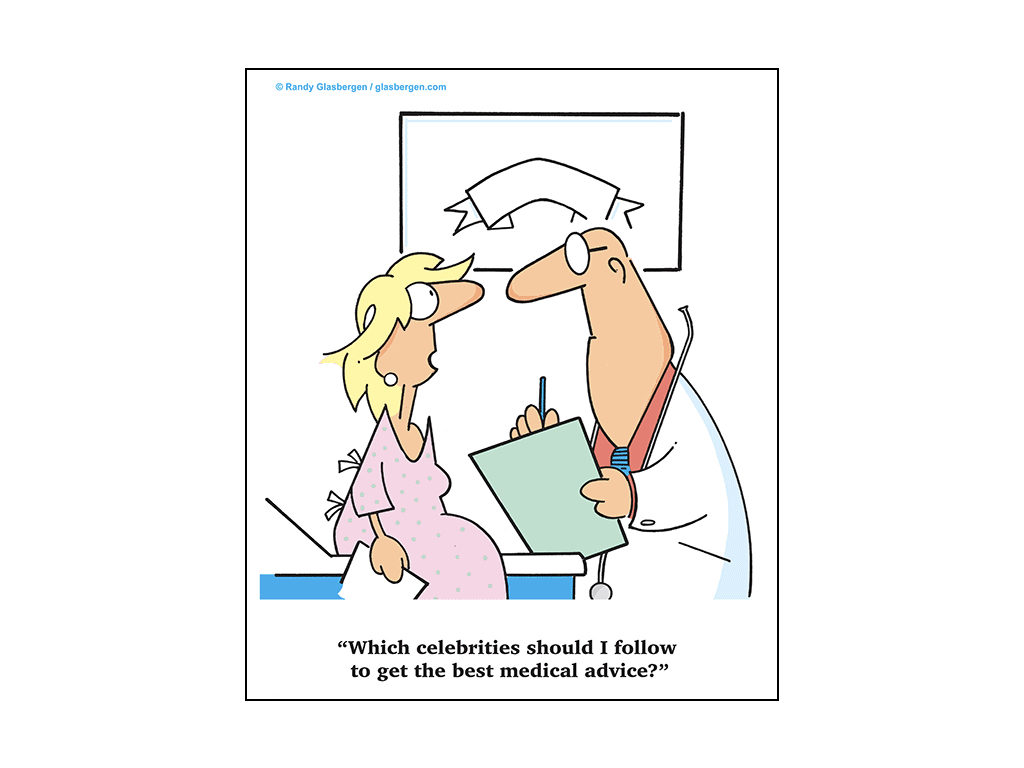 I grew up in a conservative, evangelical Christian environment. From childhood we were taught that “God has just one person He has selected for you to marry. To be happy in life you must find that one person.”
I grew up in a conservative, evangelical Christian environment. From childhood we were taught that “God has just one person He has selected for you to marry. To be happy in life you must find that one person.”
Even as a child I struggled with the mathematical probability of this suggestion. “Okay,” I reasoned, “out of the three billion women on the planet I’m supposed to find that one, and only one, that is right for me? What happens if I make a mistake? Or, what happens if the person I’m supposed to marry makes a mistake and marries the wrong person; am I then doomed to accept ‘Plan B’ and a second-class marriage?”
This is nonsense. Abandon the idea that there is only one soul mate for you; the ideal partner is the one you create.
I do believe that we should seek God’s guidance in all aspects of our lives. I do believe in following biblical parameters. But I also believe that we should use common sense when making decisions and that in any given situation there are probably multiple options that will work. (In this essay I’m using marriage as the primary example of my persuasion but the same thought applies to all aspects of life. There’s not just one job that will make me happy. There’s not just one house that I can live in or only one car I can drive and still be in God’s favor.)
Relative to marriage, I believe that a fulfilling marriage is more made than mystically conceived. It is forged through deliberate and steady hard work. I’ve done enough marriage counseling to know that all marriages struggle and that the good ones have been made so through discipline and steady commitment.
I concur with J.R.R. Tolkien’s statement, “Nearly all marriages, even happy ones, are mistakes: in the sense that almost certainly (in a perfect world, or even with a little more care in this very imperfect one) both partners might have found more suitable mates.” He went on to describe spouses as “companions in shipwreck, not guiding stars.”
As I observe couples who have long-lasting marriages, and as Mary and I celebrate our 40th anniversary, I am convinced that good marriages are formed, not born.
Tolkien said, “The real soul mate is the one you are actually married to.”
[reminder]What are your thoughts about this essay.[/reminder]
[callout]12 best books I read last year – book 4 of 12
The Net and the Butterfly – The Art and Practice of Breakthrough Thinking – Olivia Cabane and Judah Pollack, 2017. The authors combine recent scientific discoveries about the brain with anecdotal stories to weave a fascinating and informative narrative about how to capture great ideas. Click here for more information from Amazon [/callout]

 I often meet people who have entered their personal intellectual ice age. Permafrost has gradually anesthetized their curiosity and their pursuit of knowledge has stalled.
I often meet people who have entered their personal intellectual ice age. Permafrost has gradually anesthetized their curiosity and their pursuit of knowledge has stalled. Feedback is a gift, so I want to hear what people are thinking and feeling about my organization and my leadership. I have multiple feedback mechanisms in place to make it easy for stakeholders to share with me their thoughts.
Feedback is a gift, so I want to hear what people are thinking and feeling about my organization and my leadership. I have multiple feedback mechanisms in place to make it easy for stakeholders to share with me their thoughts. I haven’t been everywhere, but it’s on my list. Susan Sontag
I haven’t been everywhere, but it’s on my list. Susan Sontag